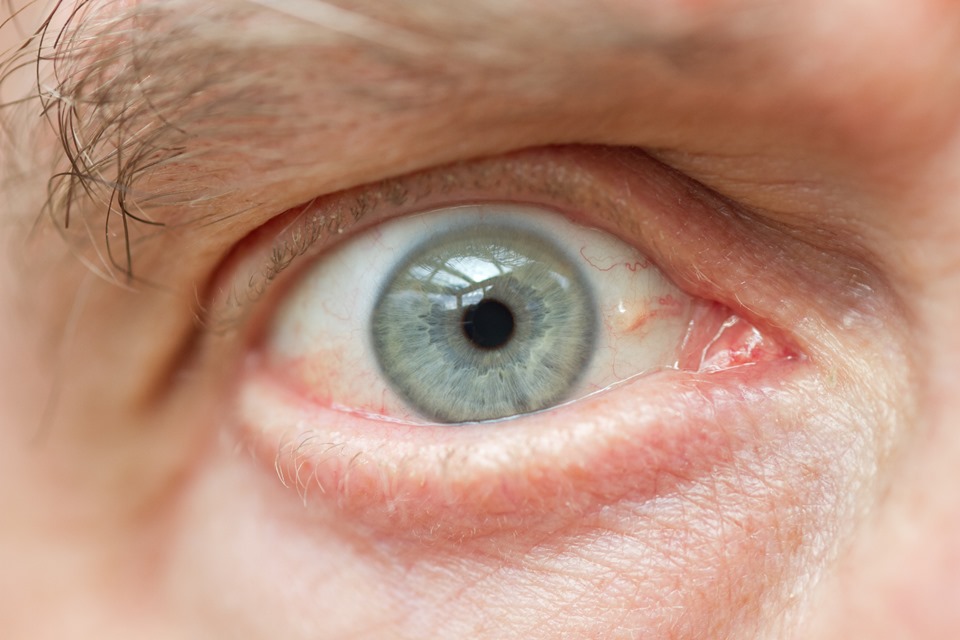Our eyes can say a lot about a person, including their health. A study conducted by researchers in University of Melbourne, Australia, He discovered that the biological age of the eyes can indicate the presence of various diseases in the body. The team claims that a faster aging retina may indicate a risk of early death.
The biological age of the retina can be determined by looking at a layer of nervous tissue behind the eye – depending on the conditions in the area, it is possible to tell which one is The biological state of the whole body and the lifespan of the organism.
Description of the team in the study.
a Checking for signs of illness It’s one of the main reasons why doctors dilate eyes to look deeper into them during annual eye exams.
The conclusion is part of an analysis of more than 80,000 retinal images from 46,969 volunteers aged 40 to 69 in the UK. The researchers used an artificial intelligence system that determined the age of the retina that appeared in the images. Part of the volunteers were followed for about 11 years.
consequences
During the analysis period, scientists found that in 51% of volunteers the age of the retina is three years longer than the chronological age. In 28%, the aging difference was five years, and in 4.5%, it was 10 years. A portion of the volunteers also died during observation (5%), 17% from cardiovascular disease, 54.5% from cancer, and 28.5% from other causes, including dementia.
The study proves, from the intersection of this and other information, that for each year of increase in the difference in retinal age, the risk of death from any cause increases by 2% and the chance of death from specific causes increases by 3%. It does not include cardiovascular disease and cancer.
“Our new findings identify retinal age difference as an independent conduit for increased mortality risk,” study author Minguang He wrote. “These findings suggest that retinal age may be a clinically important biomarker of aging.”

“Wannabe internet buff. Future teen idol. Hardcore zombie guru. Gamer. Avid creator. Entrepreneur. Bacon ninja.”

